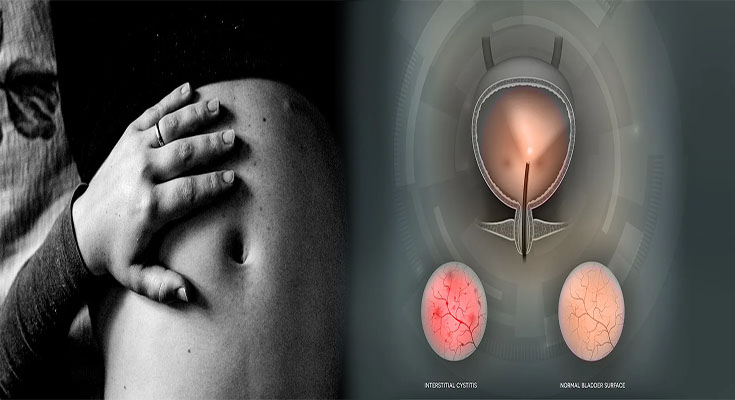In the midst of a diagnosis of interstitial cystitis, it can be difficult to know what to expect. For example, you may wonder if other people who have been diagnosed with this condition are still alive and well. The good news is that interstitial cystitis survival rates are high. This means that most people survive the disease, but their symptoms may not improve all that much or even worsen over time. It’s important to know more about interstitial cystitis survival rates so that you can live your life to its fullest – despite this diagnosis!
Interstitial cystitis survival rates are high.
Interstitial cystitis survival rates are high. While you may be concerned that interstitial cystitis will shorten your life, this is not the case. In fact, many people with the condition live long, healthy lives without any complications or negative effects on their health.
In a study published in 2008 by researchers at the University of California San Diego School of Medicine and Cedars-Sinai Medical Center in Los Angeles found no link between IC/BPS symptoms and mortality risk factors such as smoking status, body mass index (BMI), diabetes mellitus type 2 or hypertension after adjusting for age at onset of symptoms and duration of BPS symptoms
The survival rate depends on the stage of the disease.
The survival rate depends on the stage of the disease. For example, a person with early interstitial cystitis has an excellent chance of recovering from this condition with treatment and lifestyle changes. On the other hand, those who have advanced interstitial cystitis may need additional treatment options to help them live longer and better lives.
A diagnosis of interstitial cystitis doesn’t mean that you’re going to die from it.
It’s important to know that a diagnosis of interstitial cystitis doesn’t mean that you’re going to die from it. You will likely experience some symptoms, but they can be managed with proper treatment and lifestyle adjustments. It may be helpful to consult with a doctor who specializes in this type of condition so they can help develop a treatment plan tailored to your needs.
It’s also important not to let the disease define you or your identity as an individual; there are many people living with IC who have successful careers, families and happy lives despite having this condition (and many others).
It’s important to know more about interstitial cystitis survival rates so that you can live your life to its fullest.
What’s the survival rate of interstitial cystitis? It’s important to know more about interstitial cystitis survival rates so that you can live your life to its fullest.
Interstitial cystitis (IC) is a chronic bladder condition that affects the inner lining of one’s bladder. This may cause severe pain in your lower abdomen, pelvic area, or back; frequent urination; and blood in urine. IC can also make it difficult for you to hold onto urine when you go to the bathroom or feel like you have to go often even though only a small amount comes out each time you urinate.
In addition to these symptoms, other common signs include:
- Pain during sex or sexual intercourse
- Pain when passing urine–for example at night after drinking alcohol
It’s important to know that there is hope for those with interstitial cystitis and that the disease does not necessarily mean an early death.
It’s important to know that there is hope for those with interstitial cystitis and that the disease does not necessarily mean an early death. The survival rate depends on the stage of the disease, but a diagnosis of interstitial cystitis doesn’t mean that you’re going to die from it.
Interstitial Cystitis Survival Rates Spread
If you have been diagnosed with IC, then you may be wondering how long you will live with this condition before it takes your life away from you or makes life unbearable enough where suicide seems like an option (which it shouldn’t). In fact, according to some studies done on patients who were diagnosed with IC:
- 25% died within one year after being diagnosed;
- 50% died within two years after being diagnosed;
- 75% had died by three years post-diagnosis;
If you have interstitial cystitis, it’s important to know that there is hope for those with the disease and that it does not necessarily mean an early death. The survival rate depends on the stage of the disease, but it can be managed effectively with treatment options available today.





